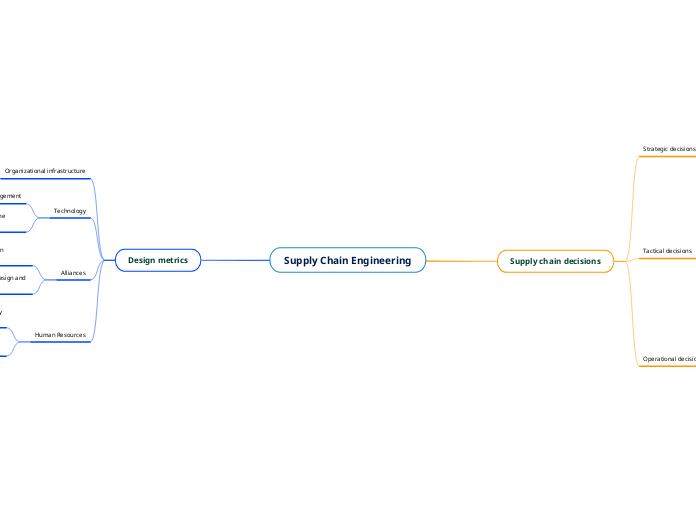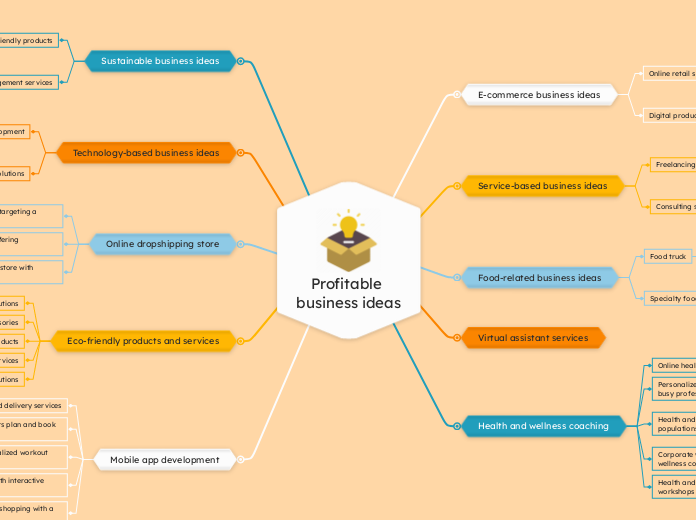arabera Laura Yela 1 year ago
133
Supply Chain Engineering
Effective supply chain management integrates strategic, operational, and tactical decisions to optimize efficiency and responsiveness. Strategic decisions involve planning the supply chain network, including the location of plants and warehouses, and leveraging information technology for coordination.









